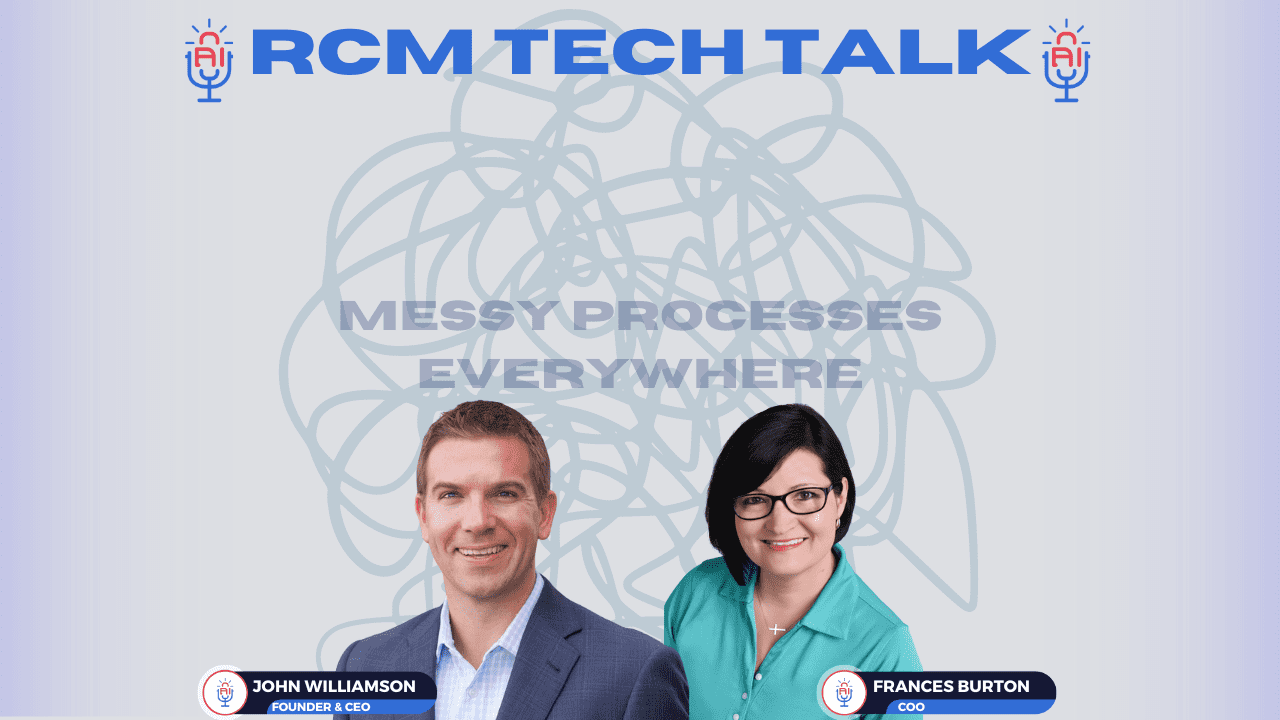
Transforming Healthcare Revenue Cycle Management: Overcoming Challenges in the Digital Age
In the dynamic landscape of healthcare administration, Revenue Cycle Management (RCM) plays a crucial role in ensuring financial health and operational sustainability. As healthcare providers tackle intricate billing processes, payment collections, and compliance regulations, the efficiency and accuracy of RCM procedures directly impact their bottom line. This article explores the challenges and opportunities in modernizing RCM through technological advancements and strategic partnerships.
The Digital Revolution in Revenue Cycle Management
The integration of technology in RCM offers unprecedented opportunities for optimization:
- Automation: Streamlines processes from patient registration to claims submission and reimbursement.
- Data Analytics: Empowers decision-making through actionable insights on payment behaviors and claim denial trends.
- Artificial Intelligence (AI): Enhances accuracy in billing and coding, facilitating faster payments.
However, the adoption of these technologies presents its own set of challenges, particularly in terms of implementation and workforce adaptation.
Addressing Organizational Complexity
The structure of healthcare organizations significantly influences RCM efficiency:
- Small practices often grapple with limited resources and siloed approaches.
- Larger organizations face departmental fragmentation and logistical hurdles across multiple locations.
This diversity in organizational structure necessitates tailored RCM strategies, adaptable to the specific needs and constraints of each practice.
The Legacy Technology Conundrum
The widespread adoption of Electronic Health Records (EHRs) marked a significant shift in healthcare management. However, many organizations now find themselves grappling with outdated systems that:
- Struggle to integrate with newer technologies
- Create bottlenecks in digital transformation efforts
- Limit the potential for RCM optimization
This situation underscores the urgent need for healthcare organizations to reassess their technological infrastructure and explore upgrades or replacements that can support more efficient RCM processes.
Embracing AI and Automation: Opportunities and Challenges
The potential of AI and automation to revolutionize RCM is immense, offering:
- Streamlined operations
- Reduced errors
- Enhanced focus on complex tasks
However, the introduction of these technologies is often met with apprehension among RCM professionals due to:
- Concerns over job security
- The steep learning curve associated with new systems
Despite these challenges, the strategic implementation of AI and automation can significantly enhance RCM functions, leading to improved financial outcomes.
Empowering Revenue Cycle Management Leadership for Effective Change
For digital transformation in RCM to succeed, it’s essential that RCM directors are empowered to lead the charge. This involves:
- Comprehensive understanding of current processes, tools, and challenges
- Ability to envision and implement strategic changes
- Fostering a culture of continuous learning and adaptation
By preparing RCM teams for the digital future, organizations can ensure they are not just adapting to change but actively shaping it.
Leveraging Strategic Partnerships
Collaboration is key to overcoming the multifaceted challenges in RCM. Strategic partnerships with technology vendors, RCM firms, and consulting agencies offer:
- Access to specialized expertise
- Innovative solutions
- Best practices in workflow optimization
These partnerships enable healthcare entities to tackle the evolving landscape of RCM with confidence and agility, achieving sustainable financial performance.
Conclusion
As healthcare continues to evolve in the complexities of modern RCM, the integration of technology emerges as both a challenge and an opportunity. By understanding organizational needs, addressing technological limitations, and embracing the potential of AI and automation, healthcare providers can position themselves for success in an increasingly digital world.
The path towards optimized RCM is ongoing, but with the right strategies, leadership, and partnerships, healthcare organizations can achieve efficiency, compliance, and financial stability in the digital age.










